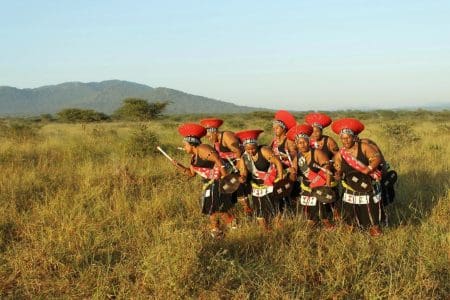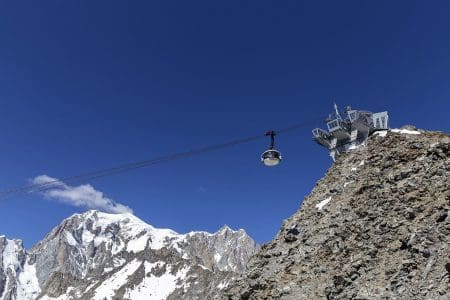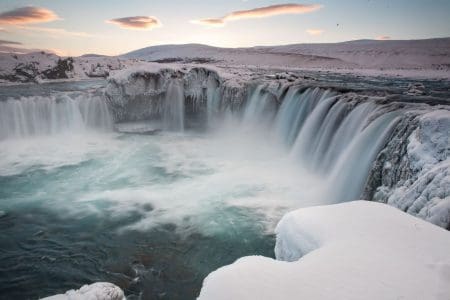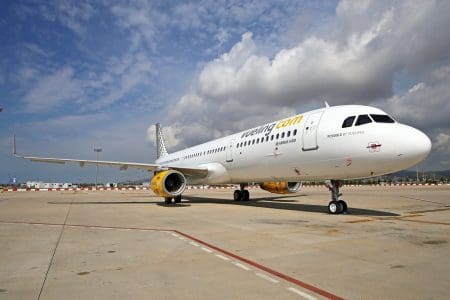Slow Adventure is a new sustainable adventure travel company offering adventures that give power back to local communities. It supports fair and transparent conservation funding, reinforces the importance of nature so that it is valued and helps adventurers choose how to give back.
Slow adventures are immersive and mindful journeys that maximise time outdoors and allow adventurers the chance to reconnect with the natural environment and with the people who live there. Local members design and deliver each adventure, creating community-led tourism where local people who are passionate about conserving and regenerating the environment and unique culture choose how people engage with their local area. All adventures embrace human or nature-powered travel, and local suppliers are on hand to offer the best experience in each destination.
Human-powered adventures – snowshoe hiking in Sweden and wilderness survival in Scotland
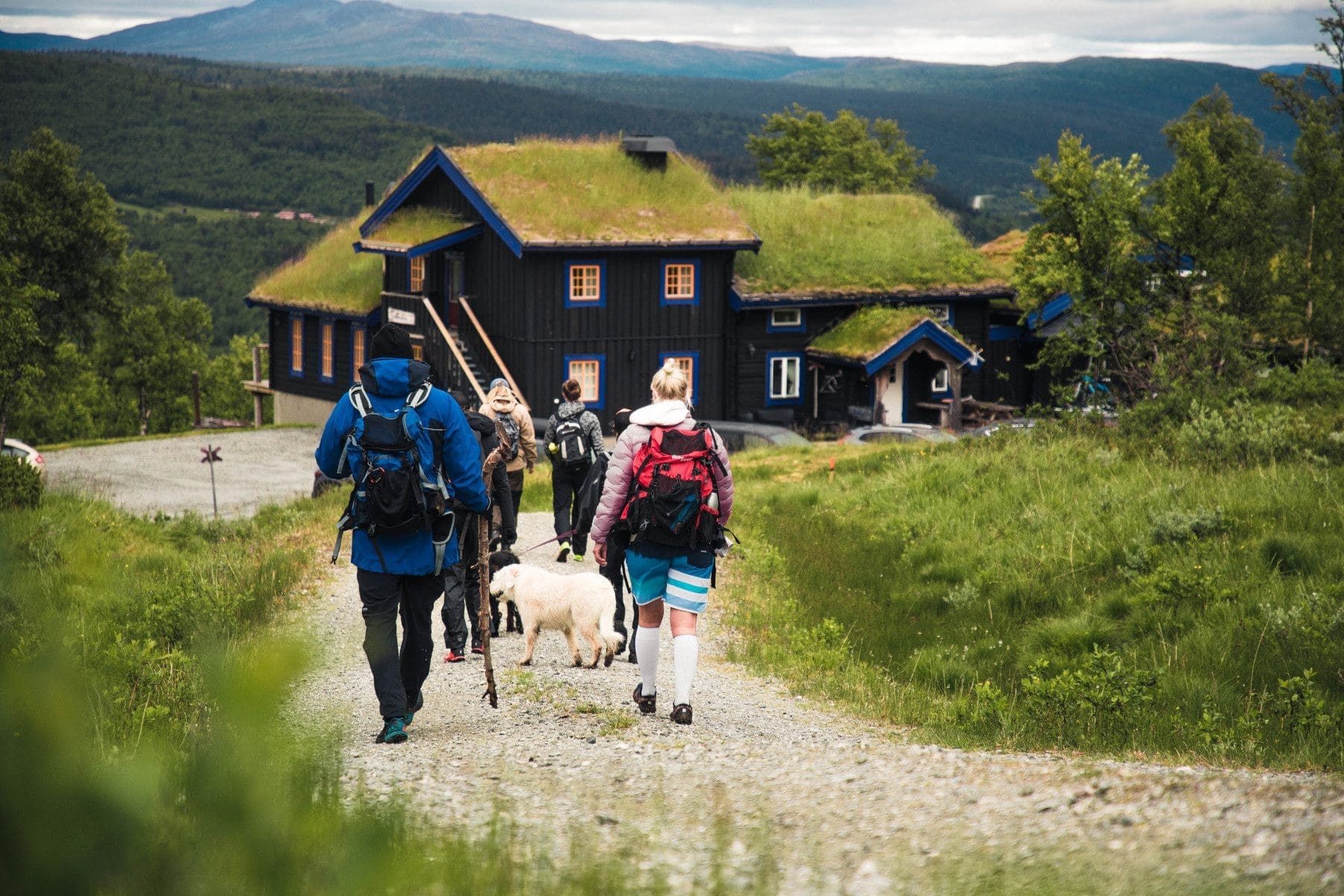
Slow Adventure launches with two destinations, Scotland and Sweden. Further destinations to be added in 2022 include Finland, Iceland, Ireland and Italy. Each adventure includes nature-based accommodation, local, slow, foraged, caught, grown, hunted food and human or nature-powered outdoor activities and other complementing elements such as wildlife interpretation, storytelling and wellness. In Jämtland Härjedalen, Sweden, adventurers will hike on snowshoes to a mountain lodge and feast on lunch by a campfire. This experience is then followed by ice fishing, a wood-fired sauna and hot tub and a chance to see the northern lights. During their slow adventure, guests will learn about the Sami culture, one of Sweden’s official national minorities and reindeer herders. In Lochaber, Scotland, adventurers can learn to forage and survive on an expedition into wilderness with an experienced ecologist and bushcraft expert, canoeing to a remote peninsula and putting their new skills to the test by foraging and staying in a bothy.
Slow Adventure Impact Fund
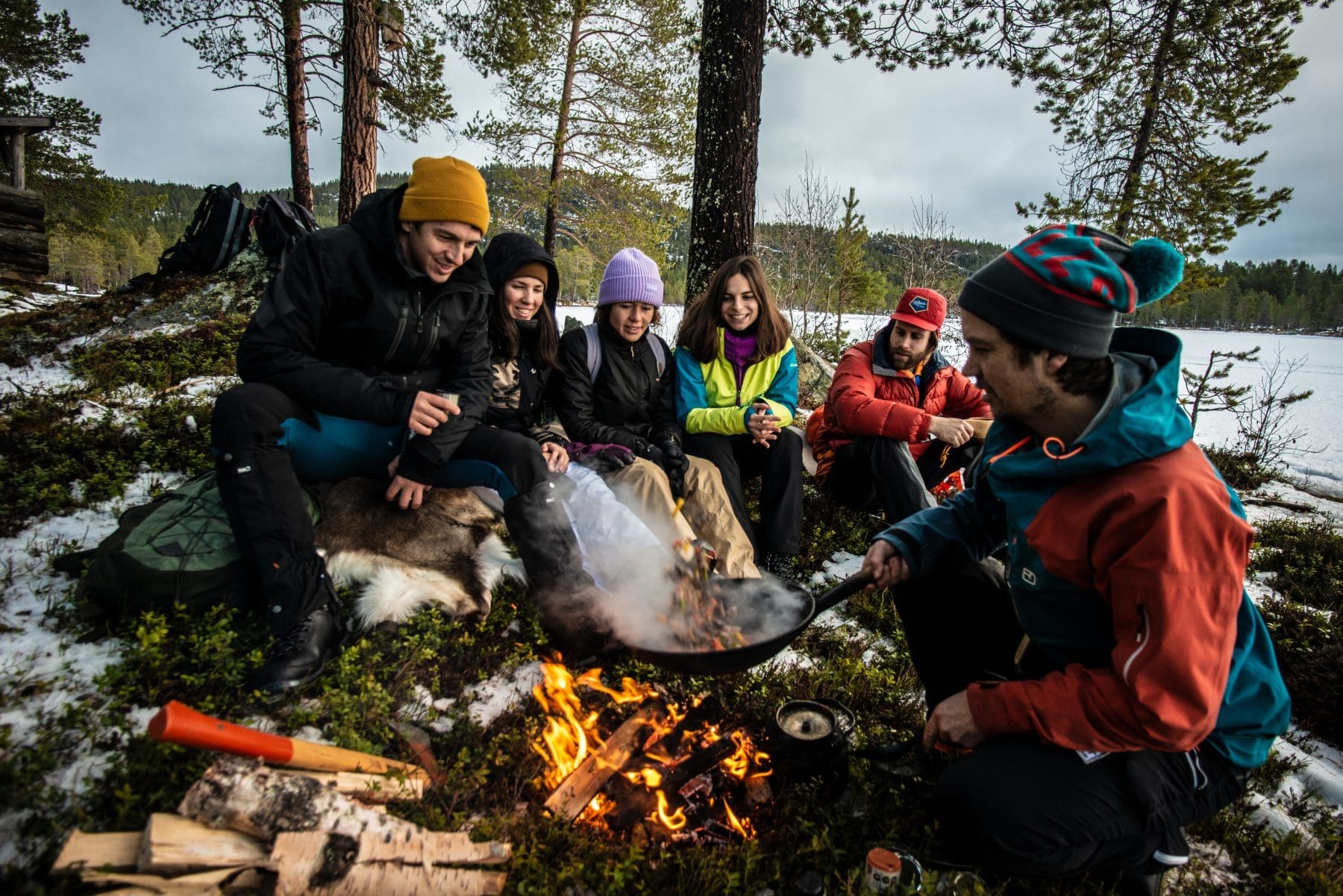
Through the Slow Adventure Impact Fund, 5% of each booking goes directly back to the communities to support local conservation and regeneration projects. The customer can choose the project they wish to support at the booking stage. The conservation projects supported by the Slow Adventure Impact Fund are proposed by the local members and partners based on their expert knowledge of the best run projects in their regions.
Co-founders Sara Mair Bellshaw and Jane Stuart Smith
Created and founded by Sara Mair Bellshaw and Jane Stuart Smith to continue the good work started by those involved in a European-funded project called SAINT, this new model creates positive change and a positive impact that is clear for everyone involved. Co-founder and Managing Director, Sara Mair Bellshaw commented: ‘I am determined to continue to help small businesses in rural areas and encourage visitors to slow down to connect more with nature and local culture. We’re building a global movement of people who understand that it’s no longer possible to adventure without giving back’. Co-founder, Jane Stuart Smith commented: ‘Slow Adventure makes responsible visiting of remote and beautiful places easier and actively supports these communities and sustainable, good quality local jobs’.
Main image: Time to stop and observe the skies while on and adventure. Copyright Thea Hermansen.
